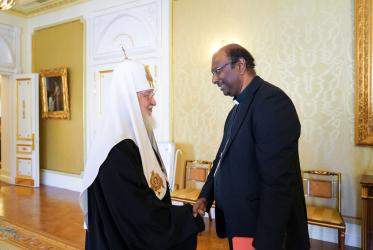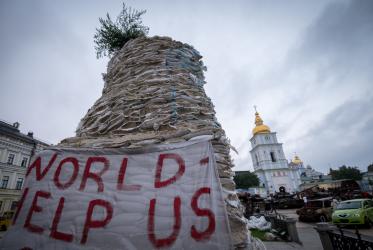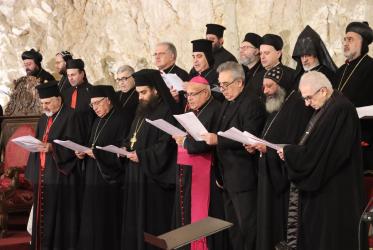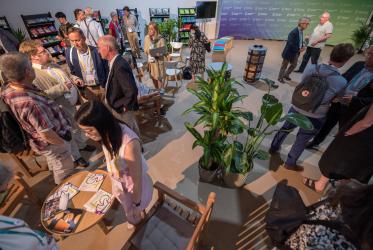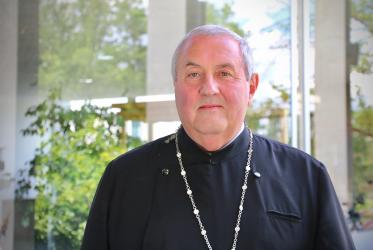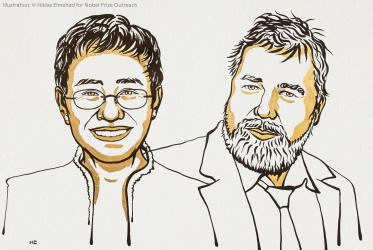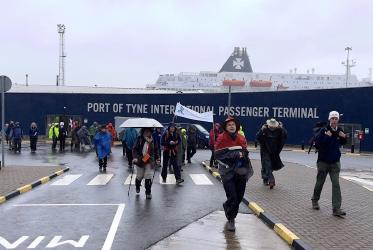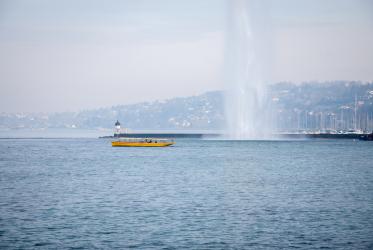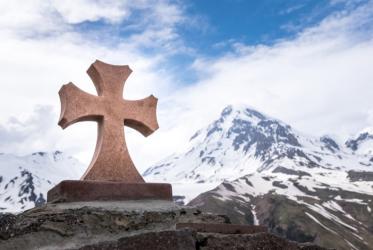Displaying 1 - 20 of 58
WCC acting general secretary visits Moscow
17 October 2022
At assembly and beyond, WCC publications inspire and move
14 September 2022
WCC congratulates 2021 Nobel Peace Prize laureates
14 October 2021
New student body at Bossey Ecumenical Institute “a source of joy”
14 September 2020
